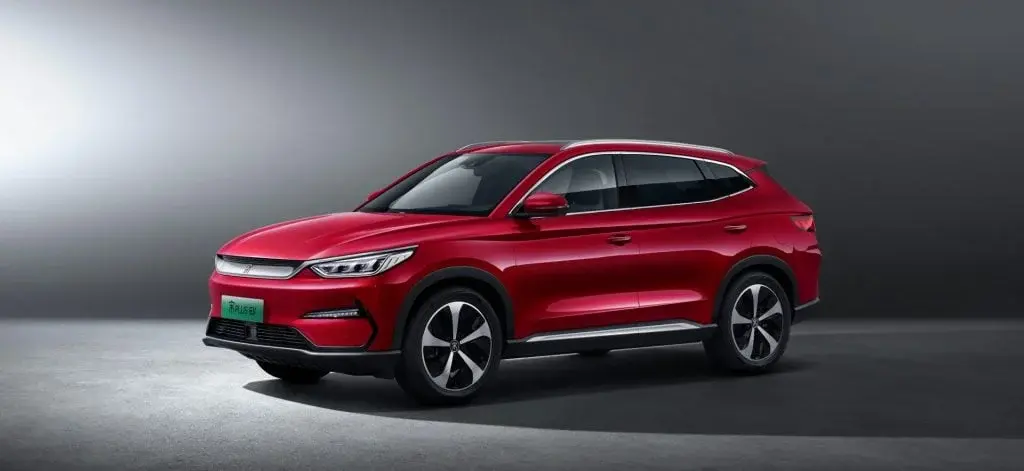Chinese electric vehicle (EV) manufacturer BYD faced a decline in February sales compared to the same period last year but is still poised for a robust year, having already sold over 320,000 units in 2024.
According to a recent disclosure on the Hong Kong Stock Exchange, BYD reported sales of 122,311 new energy vehicles (NEVs) in February, a drop from 193,655 units in February 2023. This reduction can be partly attributed to the timing of the Lunar New Year holiday, which can influence consumer purchasing habits in China.
Market Performance and Global Expansion
Despite the February setback, BYD has achieved impressive year-to-date sales of 323,804 units, underscoring the company's continued dominance in the Chinese new energy vehicle sector. The Song Plus SUV emerged as the top-selling model for BYD in February, with 20,173 units sold, showcasing the company's strong presence in the popular SUV segment. Additionally, the Yangwang U8, a high-end off-road vehicle, recorded sales of 780 units, indicating promise in the premium SUV market.
Various other BYD models, such as those from the Dynasty and Ocean Networks, sustained steady sales throughout February. Models like the Qin, Han, Tang, and Yuan families, alongside the Seagull and Dolphin models from the Ocean Network, all contributed to BYD's overall sales performance.
BYD's global footprint is expanding as well. The company exported a total of 23,291 new energy passenger cars in February, highlighting the worldwide appeal of its electric vehicles and the success of its internationalization strategy.
Future Growth and Investment in Smart Cars
Looking ahead, BYD anticipates continued sales growth as it introduces new models and strengthens its brand recognition in both local and international markets.
At its recent Dream Day event in Shenzhen, BYD announced plans to invest $14 billion in smart cars. CEO Wang Chuanfu emphasized the significance of intelligent new energy vehicles in the industry's evolution, showcasing the Xuanji smart car system that integrates various technologies.
This investment is geared towards enhancing BYD's competitiveness in areas like autonomous driving and voice recognition, positioning itself to compete with industry rivals such as Nio and Xpeng in China's expanding EV market. Last year, BYD sold over 3 million new energy vehicles, with intentions to launch more than 10 high-end smart driving models equipped with lidar sensors.


Leave a Reply